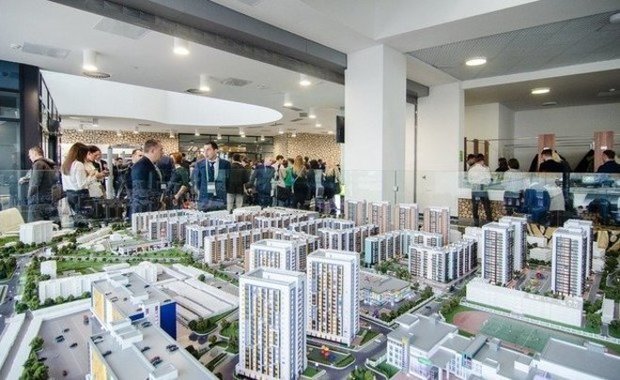Central Bank of Russia not to reduce inflation by any means: ‘structural changes’ by Elvira Nabiullina
The head of the Central Bank of Russia, Elvira Nabuillina, spoke at a meeting of the State Duma committees on the preparation for consideration of the regulator's annual report for 2021. She stated that the Bank of Russia will not reduce inflation by any means and also announced the beginning of the impact of sanctions on the real sectors of the Russian economy. Read the main points in the material of Realnoe Vremya.
About inflation
Reducing inflation by any means will prevent businesses from adapting, so the Central Bank will not do this, Nabiullina declared.
"[For businesses] Now restoring the supply of the necessary imported components is more difficult, more expensive, and this will inevitably affect the price of the final product. And we definitely need to go through this period of adaptation. But at the same time, inflation, we understand, should not become uncontrolled, the kind of inflation that devalues people's savings and incomes," Nabiullina said. “As the Central Bank, we are well aware that this period may be accompanied by a surge in prices for individual goods. Therefore, inflation will be higher than the target, and you need to understand that such an excess of the target by inflation will be largely due not to high demand, but due to restrictions on the supply side of the product, with low supply.”
The regulator is still going to return inflation to the target of 4%, but not too sharply — such indicator is expected in 2024.
About the beginning of the impact of sanctions on the economy
In general, the banking system of Russia, according to the head of the regulator, is firmly on its feet and is able to withstand blows. The Russian economy though has reserves, but they are finite, so it will enter the period of structural transformation in the 2nd — beginning of the 3d quarter, Nabiullina noted.
“Our economy is entering a difficult period of structural changes related to sanctions. As I have already said, the sanctions primarily affected the financial market, but now they will begin to affect the economy more and more," the head of the Central Bank noted.
According to Nabiullina, the main problems will be related to restrictions on imports, logistics of foreign trade, and possible restrictions on the export of Russian products.
“Almost any product is produced with one or another share of imported components. Even if this share is small, production may critically depend on any part or component," the head of the Central Bank stated.
At the moment, the Central Bank can dispose of about half of the reserves due to sanctions.
“But these are gold, yuan and other assets that are not subject to sanctions risks. But they do not make it possible to manage the situation with the currency in the domestic market. That is why capital control measures were introduced immediately after the announcement of sanctions," Nabiullina explained.
About demand for repayment holidays and mortgages
At the moment, the demand for repayment holidays among Russians is lower than in the first month of this programme during the lockdown period of 2020, the head of the Central Bank said.
“It is about the same for SMEs. The level of satisfaction of applications for small businesses is about 90%, for citizens — about 40%, mainly because people are not ready to confirm a 30% reduction in income, as required by the programme," Nabiullina said.
Speaking about mortgages, the head of the regulator said that banks this year can issue it for 2 trillion rubles. Today, in Russia there are several preferential state programmes for the purchase of housing — for example, Russians can take out a mortgage to buy an apartment in a new building at a subsidised rate of 7% per annum. It is available in the amount of up to 3 million rubles for all regions.

Besides, a preferential programme with a rate of no more than 6% is available for families with one or more children born between January 1, 2018 and December 31, 2022.